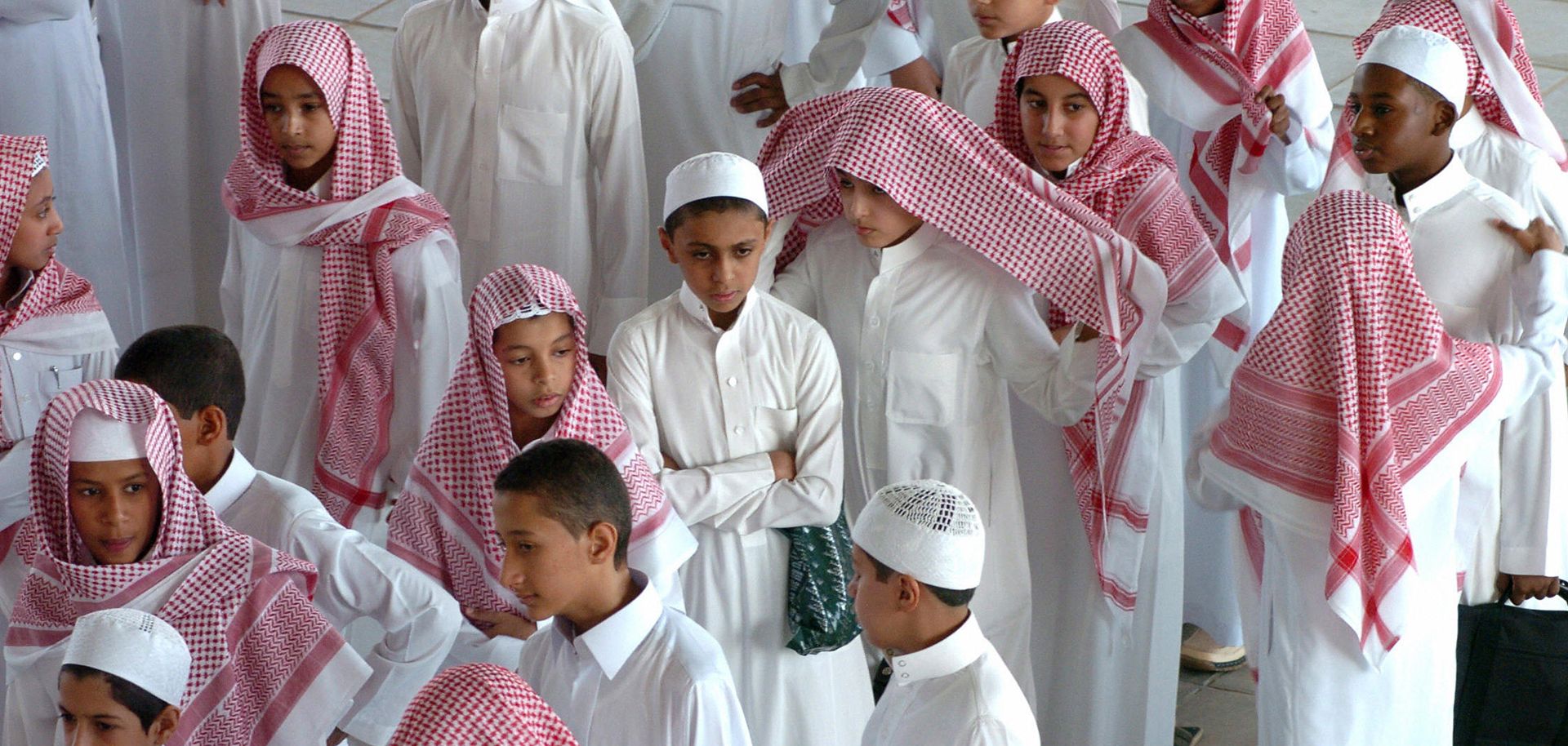Saudi Arabia has been the de facto leader of the Gulf Cooperation Council (GCC) for most of its existence, boasting the largest economy and population and highest oil production in the bloc. This year, it is leading the GCC's members -- along with the rest of the OPEC cartel -- through production cuts in hopes of boosting, or at least maintaining, international oil prices. But Riyadh understands that even a recovery in the price of oil will not be enough to secure the Saudi economy's future. To that end, Saudi Arabia has taken steps to reduce its spending and increase domestic revenue from sources beyond oil production. Its long-term plans to revitalize its economy are even more ambitious, encompassing privatization campaigns, labor reform measures and social reforms, including a campaign to increase women's participation in the workforce.
Yet by introducing such wide-ranging measures, however necessary, the ruling House of Saud will...

